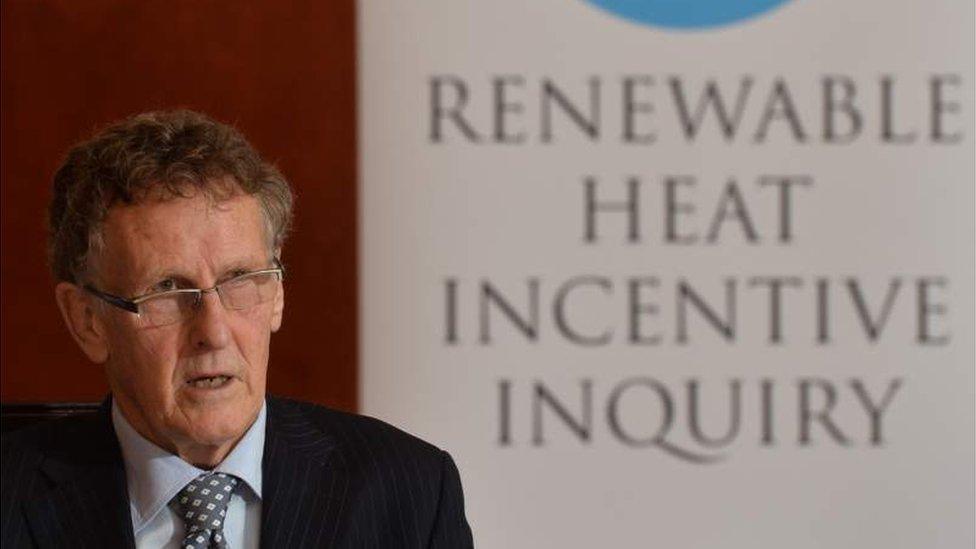RHI: Stormont's day of reckoning overshadowed by coronavirus
- Published
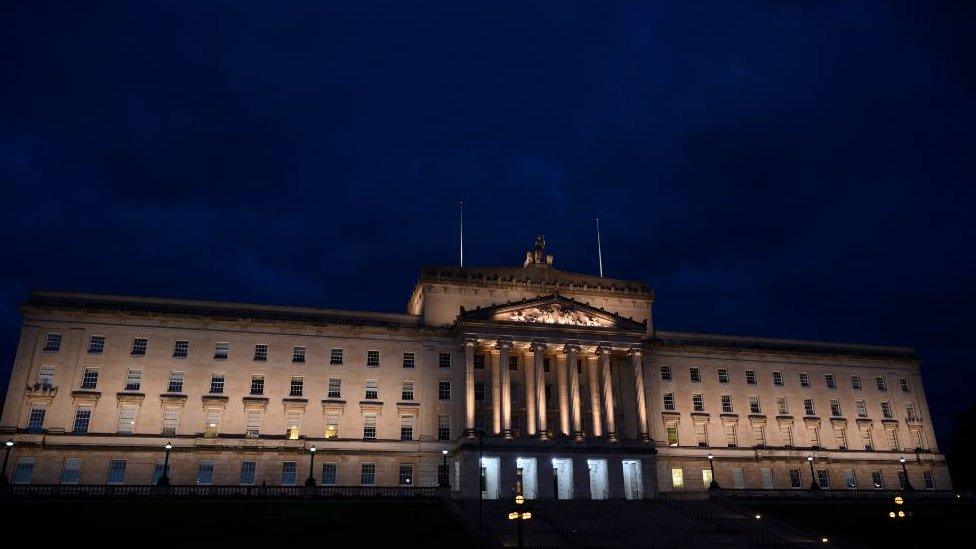
The scandal over the green energy scheme brought down Northern Ireland's government in 2017
Friday 13th. Just before the ides of March.
The omens were all there for Sir Patrick Coghlin's inquiry into the Renewable Heat Incentive scandal to be a day of reckoning for Stormont in general, and Northern Ireland's First Minister Arlene Foster in particular.
But when it came to it, the report into the affair which brought the power-sharing executive down in 2017 seemed anti-climactic.
Deputy First Minister Michelle O'Neill caused a bigger flap in the Great Hall at Stormont with her U-turn over coronavirus than the Coghlin inquiry did with its three-volume report.
Eighteen hours after standing shoulder to shoulder with Mrs Foster and declaring that, confusing though it might be, the executive would not follow the Republic of Ireland in closing schools and colleges, the deputy first minister declared that she had changed her mind and now thought those education establishments should shut their doors immediately.
As school parties continued to make their way through Parliament Buildings at Stormont, journalists began to pore over embargoed copies of the Coghlin report.
Its finding was that the RHI debacle had not been due to corruption, but a mixture of incompetence, lack of expertise and - on one of two instances - "unacceptable behaviour" by special advisers.
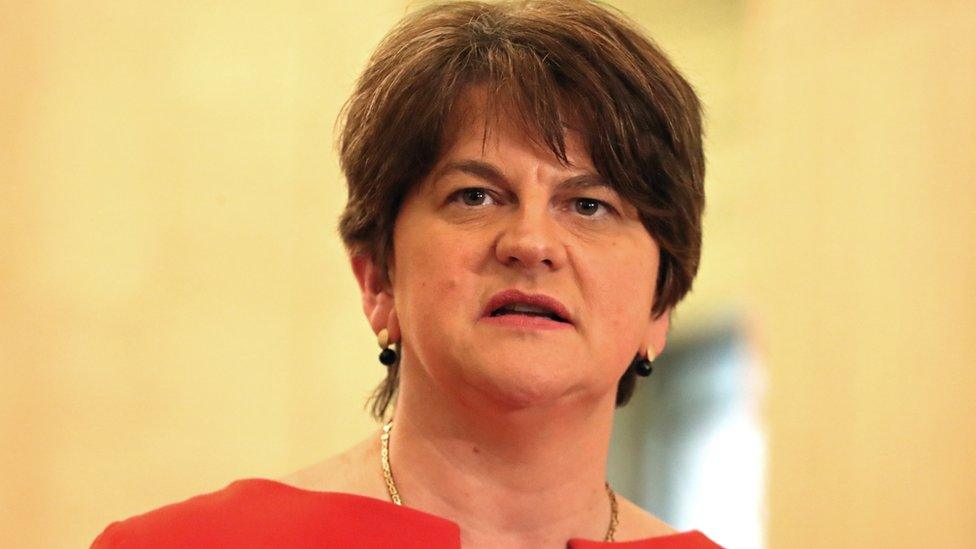
DUP leader Arlene Foster 'shouldn't have signed off' on the scheme, the report said.
Mrs Foster - for so long the main butt of criticism over the RHI - was castigated for not reading her own regulations before bringing them to the assembly.
The inquiry also argued she shouldn't have signed off on the scheme during its development, while adding the caveat that she had been fed incorrect and misleading information about the risks involved.
For the DUP leader, this verdict was, perhaps, about as good as it was likely to get.
Moreover, the context in which the executive has been restored and is now - along with the rest of the world - battling a pandemic, relegates the importance of the whole RHI affair in the public mind.
That said, the doubts expressed in the Coghlin report about the capacity of the Northern Ireland Civil Service linger in the mind.
If officials were so out of their depth when it came to a renewable energy scheme, how much trust should we place in them as they confront today's life and death challenges?
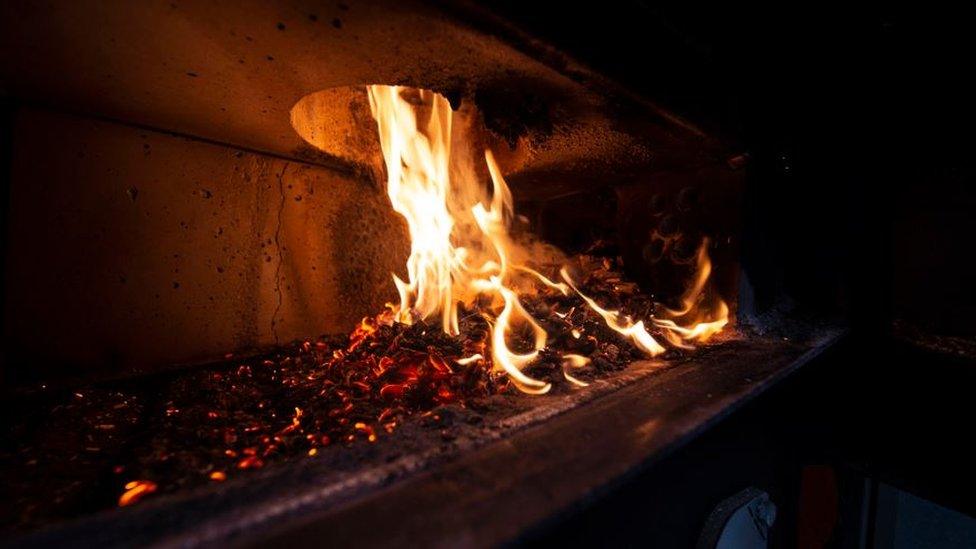
The RHI scheme opened in 2012 to try to encourage use of renewable energy
And while the Stormont bureaucracy may be in need of radical reform, the latest divide over coronavirus highlights a problem confronting officials just as much today as it did in late 2016.
How do you serve your political masters when they are inclined to head off in diametrically opposing directions?
- Published13 March 2020
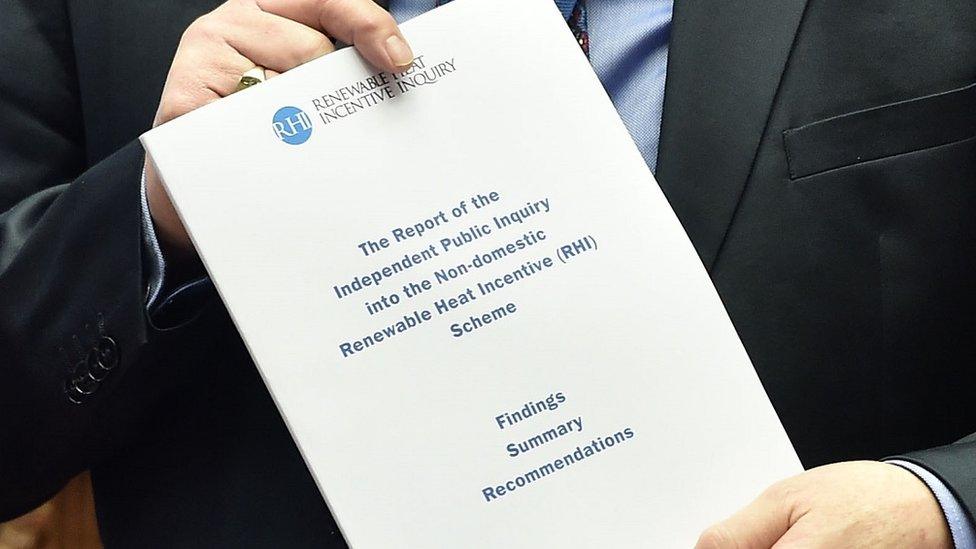
- Published13 March 2020
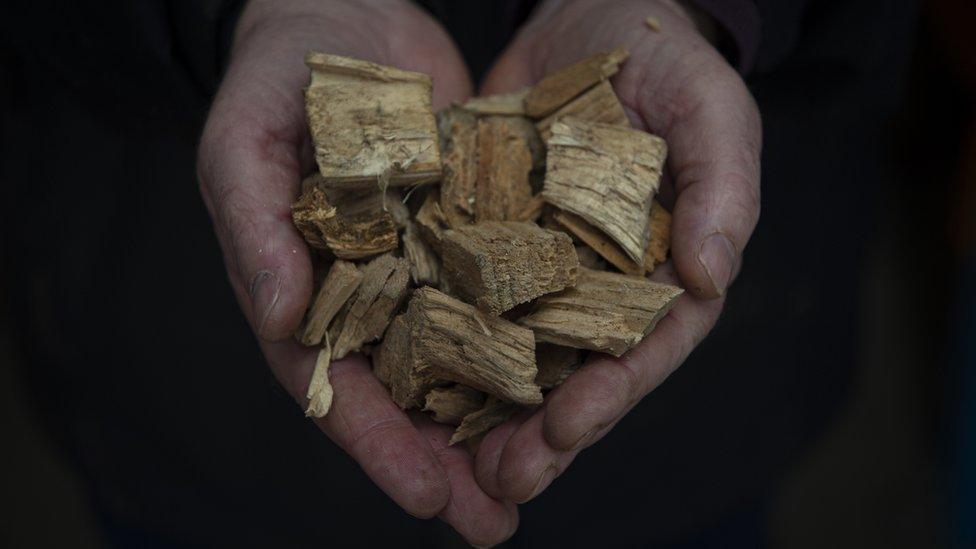
- Published13 March 2020
